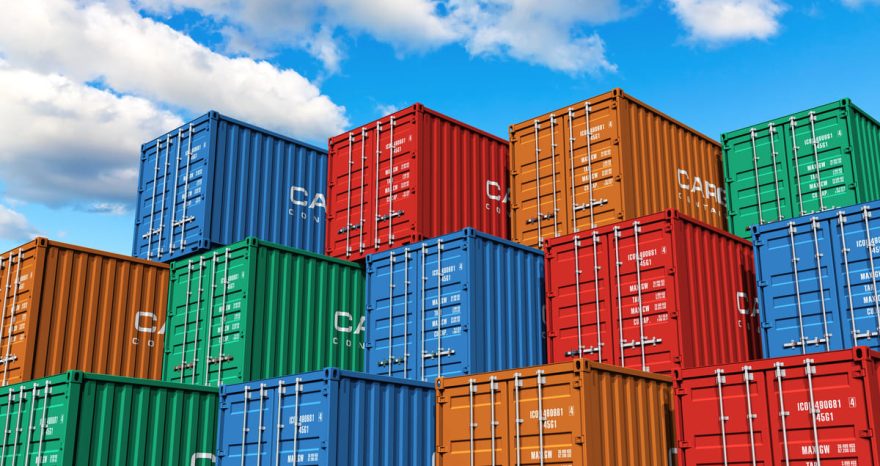An informal political agreement has been reached between the EU Council and Parliament. For medium and large companies, the obligation will take effect from December 30, 2025. For micro and small businesses, it will start from June 30, 2026

Yes to a one-year postponement, no to the exemptions introduced at the last minute by the EPP and the far-right two weeks ago. The troubled process of the EU Deforestation Regulation concluded with the political agreement between the EU Council and Parliament reached on December 3. By the end of the month, new obligations for companies under the EU Regulation 2023/1115 on deforestation (EUDR) were set to come into effect.
also read Global deforestation clears 10 football fields per minute in 2023
Postponement until the end of 2025
The agreement confirms a 12-month delay for all affected business categories. Specifically, the new rules to prevent deforestation in the EU will apply from December 30, 2025, for medium and large companies, while micro and small businesses will have until June 30, 2026, to comply.
This way, Europe aims to ensure that businesses have enough time to adjust and meet the new requirements.
Brussels to simplify bureaucratic burdens
At the same time, the European Commission is committed to further supporting businesses during this delicate transition. The main criticism of the EU Deforestation Regulation – and the primary reason for the postponement – was the excessive administrative and bureaucratic burden.
The new legislation requires businesses to be more transparent and to closely monitor their entire supply chain to identify potential risks of contributing to deforestation in other parts of the world (the so-called “imported deforestation”). The Commission will continue to explore ways to streamline procedures and make the required due diligence easier.
At the request of the European Parliament, the European Commission has also committed to providing all details and tools at least six months before the new obligations come into force. In particular, the Commission will ensure that the Information System (for due diligence declarations) and the proposal for the classification of risk by country will be finalized and made public by June 2025.
No exemptions for low-risk countries
On this point, the political agreement did not approve the exemptions proposed by the European People’s Party (EPP) and the far-right. The provisional agreement reached in Parliament in mid-November had created a new category for countries with zero or very low risk, for which the requirements of the Regulation would have been significantly diluted or removed. This category was mainly intended to include EU member states. The rule also applies to products exported by the EU, so it also concerns companies based in the EU and their supply chains.












